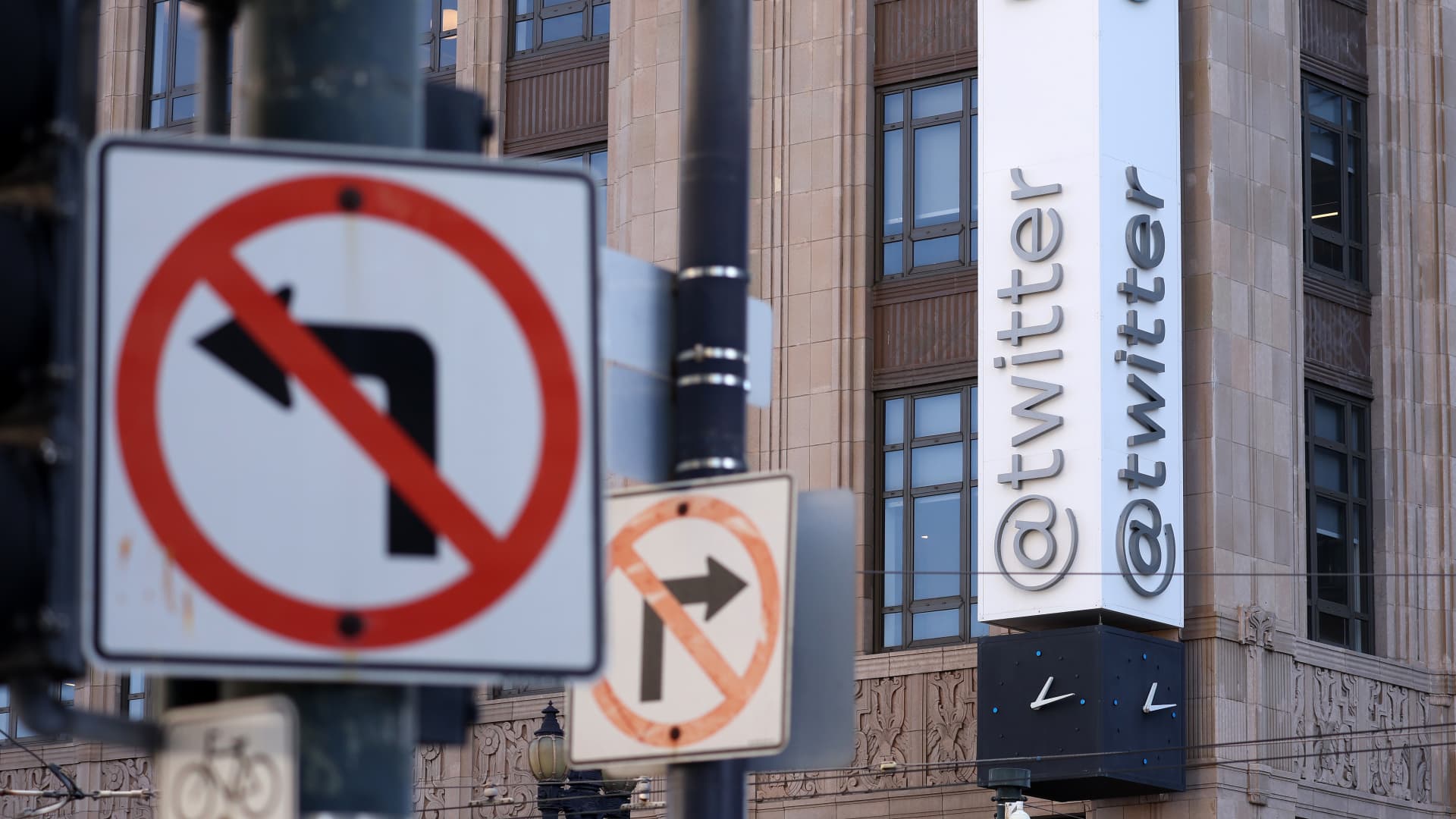Products You May Like
After Twitter told employees it would be closing its offices until Monday, new owner and CEO Elon Musk has called engineering staff into the San Francisco headquarters office, according to internal emails obtained by CNBC.
Late on Thursday, Twitter sent out a companywide email saying its offices would be closed from Friday until Monday, and badge access would cut off during that temporary closure.
Then, in a pair of widely distributed emails sent at the start of business on Friday, Musk called for “anyone who actually writes software,” to report to Twitter’s headquarters by Friday afternoon. First, though, he asked them to send him a high-level report of the best code that they have worked on in the last six months.
After the initial call for engineers to come into the office, he also sent a followup encouraging people to fly to San Francisco to present in person. He said, in one of his emails, he would be working late into the night at the company’s headquarters office Friday, and back again on Saturday morning.
Musk said the point of sharing all this code, and meeting with him in the office, would be to do “short, technical interviews” that would help him “better understand the Twitter tech stack.”
Musk said those authorized to work remotely could request to speak with him by video. But quixotically he also said, “Only those who cannot get to Twitter HQ or have a family emergency are excused.”
The mixed messages on returning to the office come after a wave of Twitter employees resigned on Thursday.
Their new “Chief Twit,” as Musk humorously calls himself, had issued an ultimatum a day earlier telling them they would need to commit to his vision for Twitter 2.0, and agree to work “long hours at high intensity.”
Three employees who resigned on Thursday told CNBC they still had access to some internal systems at Twitter on Friday morning.
One believed that so many people from Twitter’s human resources and IT teams had resigned or been laid off that it may take a long time for the company to figure out whose access to email, Slack and other systems should be switched off.
These people asked to remain un-named citing fear of professional repercussions.
